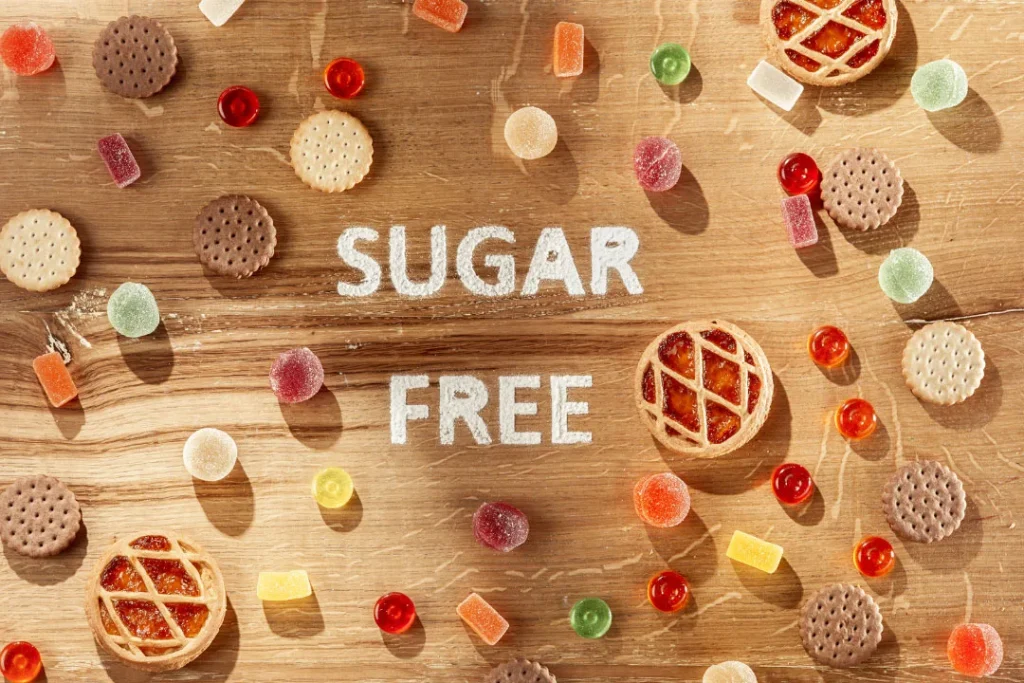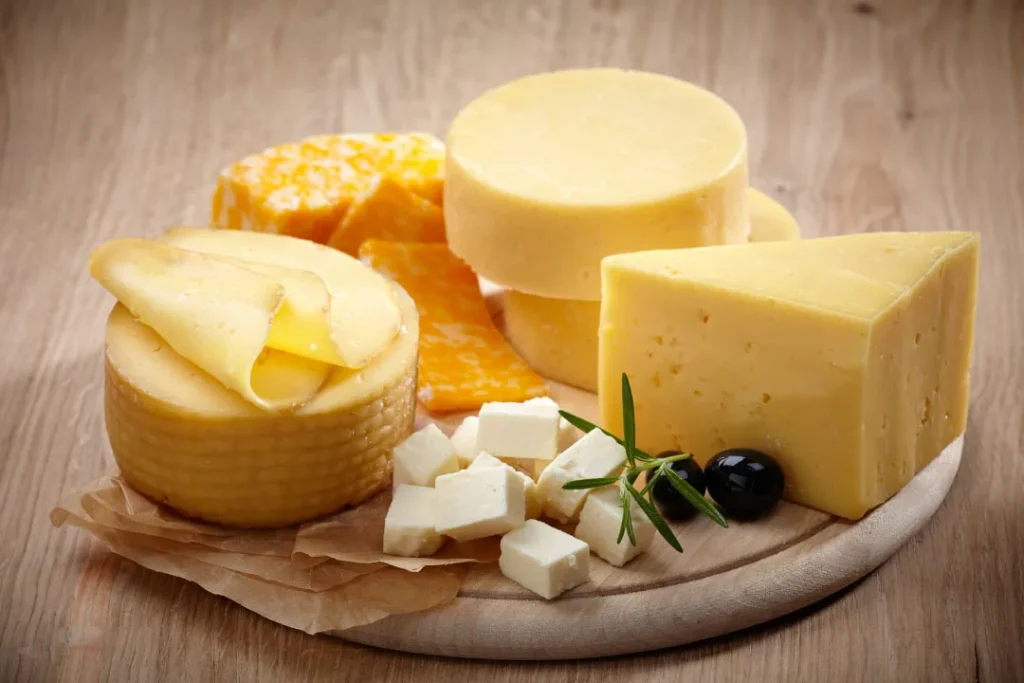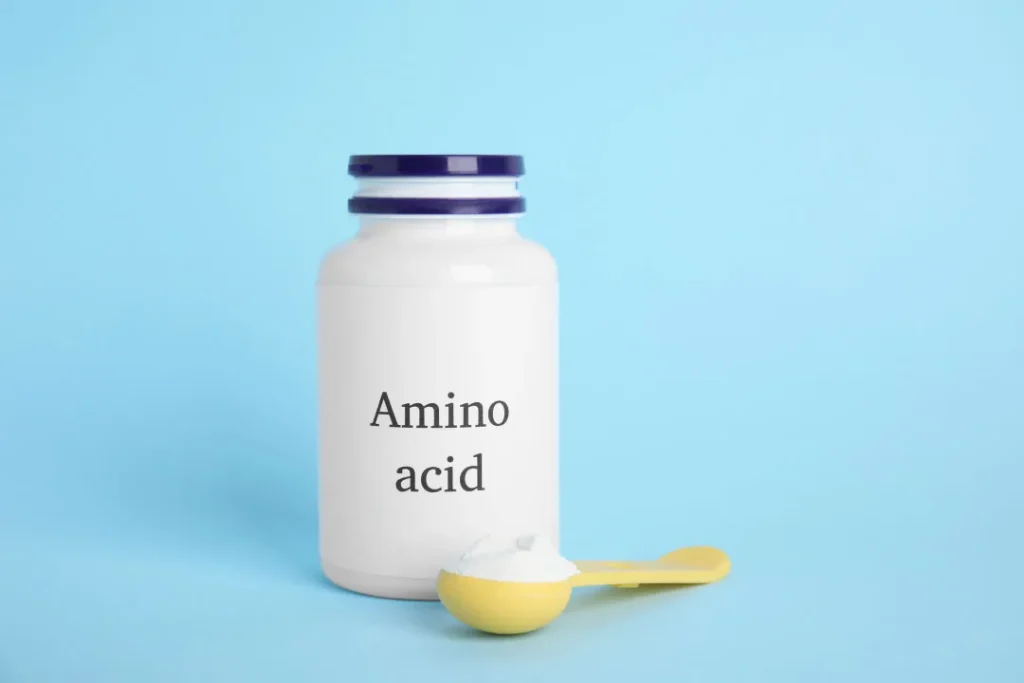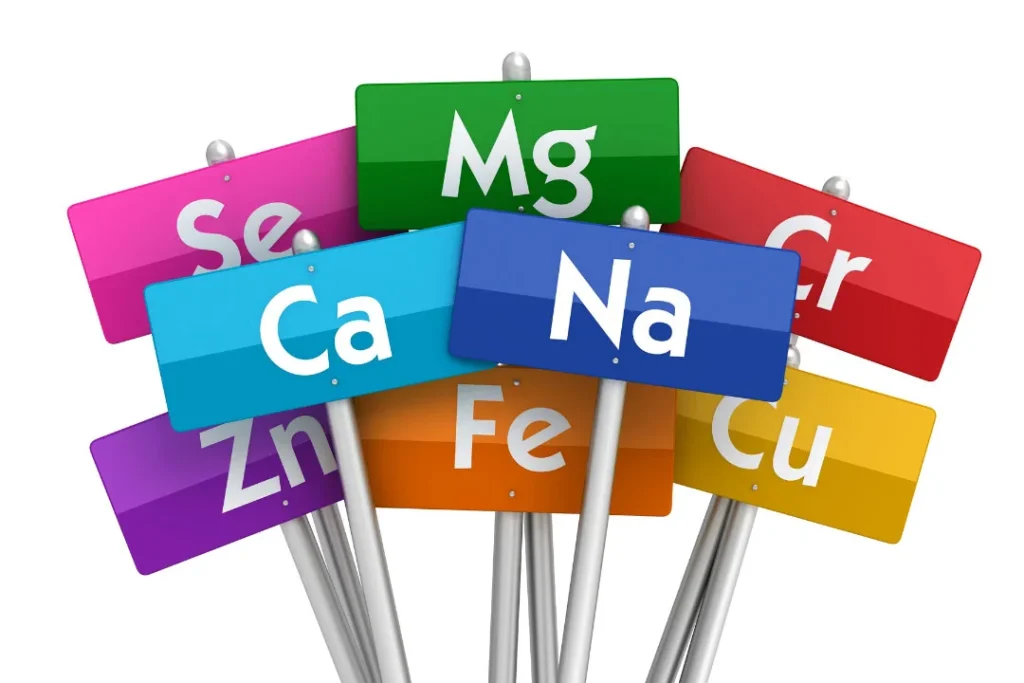Clean eating comes with a range of health benefits, from improved digestion to better heart health. If you’re trying to eat clean, then your protein powder should have a short ingredient list. We’ll compare two leading brands: Ascent Protein Powder and Nuzest Clean Lean Protein, so that you can make an informed purchase decision.
When it comes to healthy diets, clean is the new green.
A recent study shows that consumers are becoming more aware of the additives and processing involved in preparing the foods they eat. Nearly two-thirds of the respondents say the ingredients in a food or beverage influence what they buy. That same study shows that Americans are paying more attention to ingredient lists, choosing natural ingredients, and avoiding artificial food additives whenever possible.
The desire for clean nutrition goes beyond the food aisles and into the supplement market. For example, many supplemental protein powders now emphasize the clean methods they use to process the basic ingredients in their products. In this article, we’ll look at two of those products – Ascent Protein Powder and Nuzest Clean Lean Protein – and tell you which offers the better deal.
You May Also Like:
Walmart Protein Powder vs Nuzest Protein Powder
Combat Protein Powder vs Healthy Truth Protein Powder
Ascent Protein Powder vs. Nuzest Clean Lean Protein:
Keeping it simple
Although many Americans say they prefer “clean eating,” there is not yet a universally accepted meaning for that term. Harvard Health’s website suggests that it refers to consuming foods that are as close to their natural state as possible with minimal use of chemical additives and preservatives. A simple way to find cleaner foods and supplements is to look at the ingredients label for each product – in many cases, the fewer the ingredients, the more natural the product.
Clean eating may also be associated with terms like plant-based, grass-fed, sugar-free, or gluten-free. It promotes health and wellness, and people who want clean food on their plates are also looking for natural sources of the powders, pills, and potions they consume as supplements. One of the most popular supplements provides extra protein to diets that may otherwise be generally healthy.

Ascent Protein Powder vs. Nuzest Clean Lean Protein:
Getting out of the whey
Both companies offer protein powders that are plant-based instead of whey protein-based, and this can make a big difference for many consumers. Whey is a liquid byproduct from the cheese-making process, and even after it is turned into a powder it still contains lactose, a milk sugar that can cause digestive discomfort in certain individuals. Because it’s a powder derived from an animal, whey protein is unsuitable for vegans.
Clean Lean Protein has none of those drawbacks because it’s made from yellow peas, a great source of plant-based protein that can be minimally processed and turned into a clean powder. It has roughly the same amount of protein per serving as a whey-based powder, and it is one of the most easily digested of all plant-based protein products.

Ascent Protein Powder vs. Nuzest Clean Lean Protein:
Getting everything you need
One drawback to plant-based protein powders is that many of them lack all nine of the essential amino acids that the body itself cannot manufacture. These are the building blocks for the proteins that are necessary for good health. Peas are one of the few plant-based sources that contain all nine essential amino acids. On its ingredients label, Clean Lean Protein lists the amount of each of the nine compounds, information that is vital to consumers.
Ascent, on the other hand, uses a blend of different plants to make its powder. Its label does not list the specific amino acids, so purchasers have no way to determine if they are getting all of the essential building blocks for their protein. This gives Clean Lean Protein a big advantage to consumers.

Ascent Protein Powder vs. Nuzest Clean Lean Protein:
Going down easy
Pea protein has other advantages as well. It doesn’t contain any of the top eight food allergens: cow’s milk, eggs, fish, peanuts, shellfish, soy, tree nuts, or wheat. In addition, pea protein powder mixes easily into water and has a smoother texture than other plant-based protein powders.
Ascent Protein Powder vs. Nuzest Clean Lean Protein:
Nutritional and economic value
These products also vary in what they provide your body per serving. One serving of Ascent Protein Powder has 150 calories compared to just 100 for Clean Lean Protein. Ascent has 3.5 grams of fat and 1 gram of sugar, while Clean Lean has 2.5 grams of fat and no sugars. On the other hand, Clean Lean contains 12 vitamins and minerals while Ascent has only 4.
Clean Lean manages to get all of this from four simple ingredients: pea protein isolate, organic cocoa powder, natural flavors, and Thaumatin (a natural sweetener). Ascent has six ingredients, and one of those is its organic protein blend containing pea protein, sunflower protein, and pumpkin protein.
While you can’t put a price on good health, you can put a price on healthful supplements. Clean Lean Protein offers a better product, and on average it costs only about 6 cents more per serving than Ascent Protein Powder. The few extra pennies are worth it.

Ascent Protein Powder vs. Nuzest Clean Lean Protein:
The bottom line
Comparing each of these products shows a clear advantage for Clean Lean Protein. It has fewer ingredients, but it contains more of what a healthful diet needs and less of what it doesn’t. Now that you have more information on these two products, you should be better equipped to make the correct choice for your personal protein powder needs.
Further reading:
Mayo Clinic
Clean Eating: What Does That Mean?
Food Network
What Does Clean Eating Mean, Anyway?
The Cleveland Clinic
Pea Protein: Nutritional Benefits & Types
American Institute for Cancer Research
Pea Protein is Everywhere, Is It Healthy?
Important Note: The information contained in this article is for general informational purposes only, and should not be construed as health or medical advice, nor is it intended to diagnose, prevent, treat, or cure any disease or health condition. Before embarking on any diet, fitness regimen, or program of nutritional supplementation, it is advisable to consult your healthcare professional in order to determine its safety and probable efficacy in terms of your individual state of health.
Regarding Nutritional Supplements Or Other Non-Prescription Health Products: If any nutritional supplements or other non-prescription health products are mentioned in the foregoing article, any claims or statements made about them have not been evaluated by the U.S. Food and Drug Administration, and such nutritional supplements or other health products are not intended to diagnose, treat, cure, or prevent any disease.


